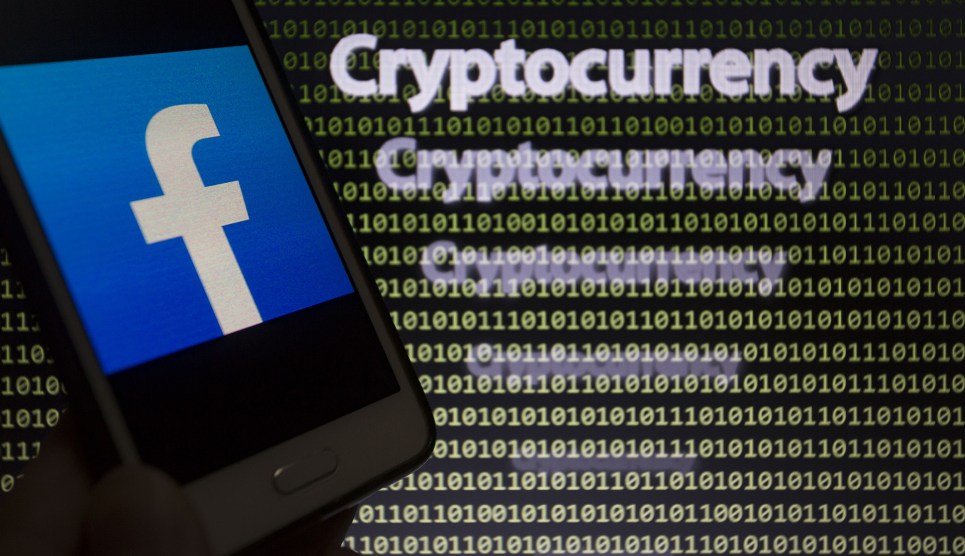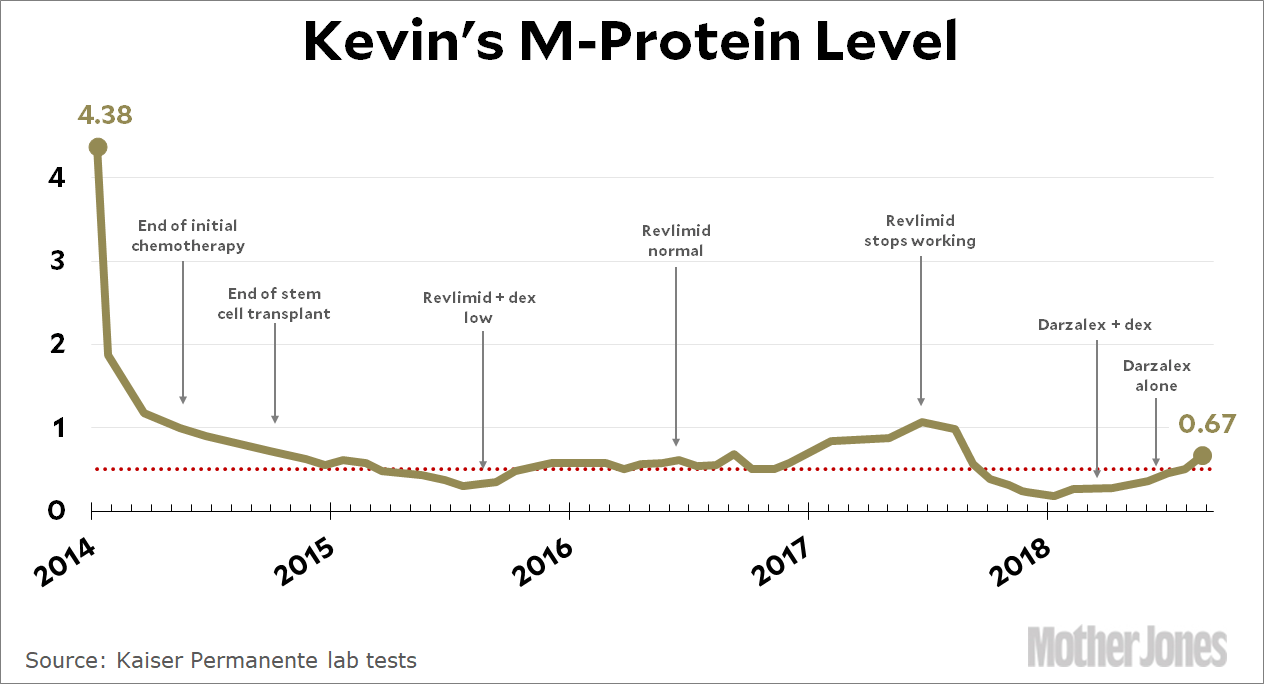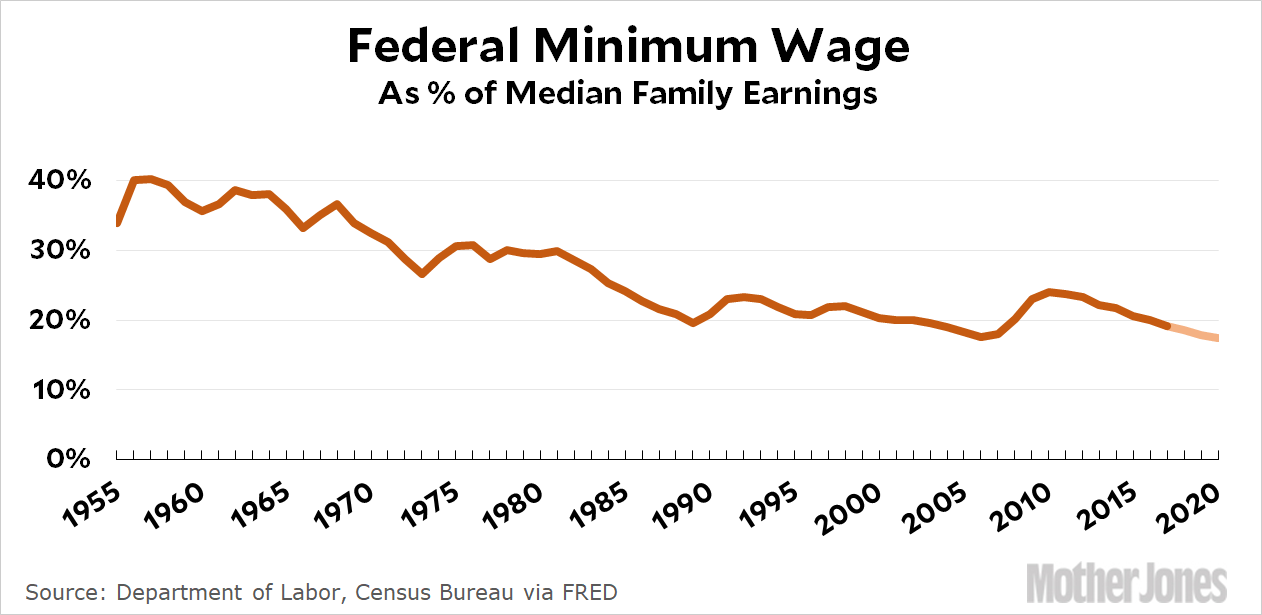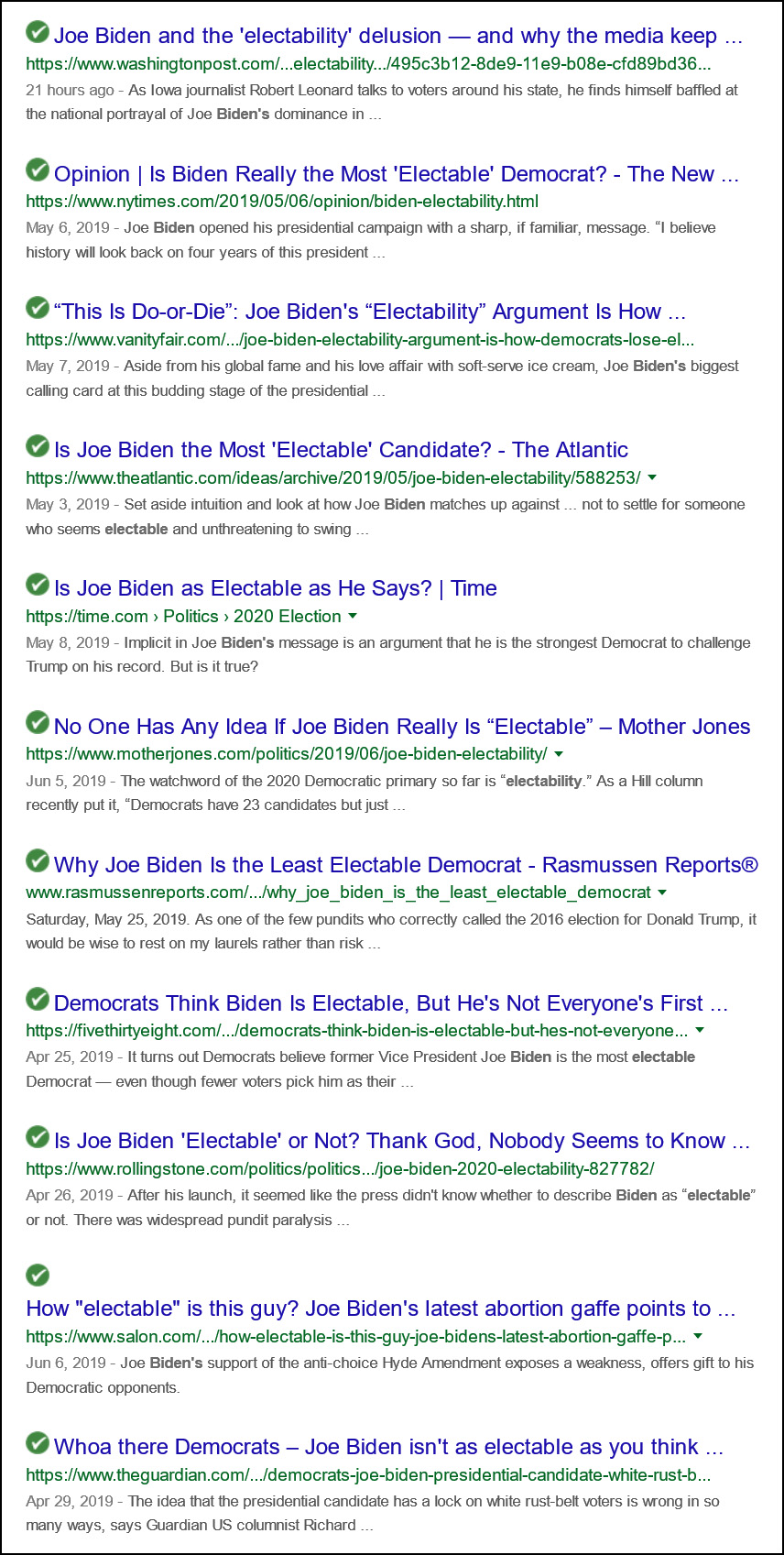
Mario Draghi, president of the European central bank, says stimulus is on the way if Europe needs it:
Speaking at the ECB Forum in Sintra, Portugal, Draghi gave a defiantly dovish tone, saying that if the economic situation deteriorates in the coming months the bank would announce further stimulus. The euro dropped 0.2% against the dollar in a matter of minutes as Draghi delivered the remarks. The German 10-year bund yield hit -0.30% for the first time ever and the U.S. 10-year Treasury yield hit its lowest since September 2017 at 2.0475%.
This prompted a series of rage tweets from President Trump, who thinks it’s unfair that the European central bank might stimulate the European economy while the Federal Reserve sits around and does nothing to help Trump’s reelection chances. However, there’s a pretty obvious reason that Draghi is talking about stimulus while Jerome Powell isn’t, and it’s one that Trump brags about constantly: the US economy is in pretty good shape. Conversely, the EU economy has been declining for over a year:
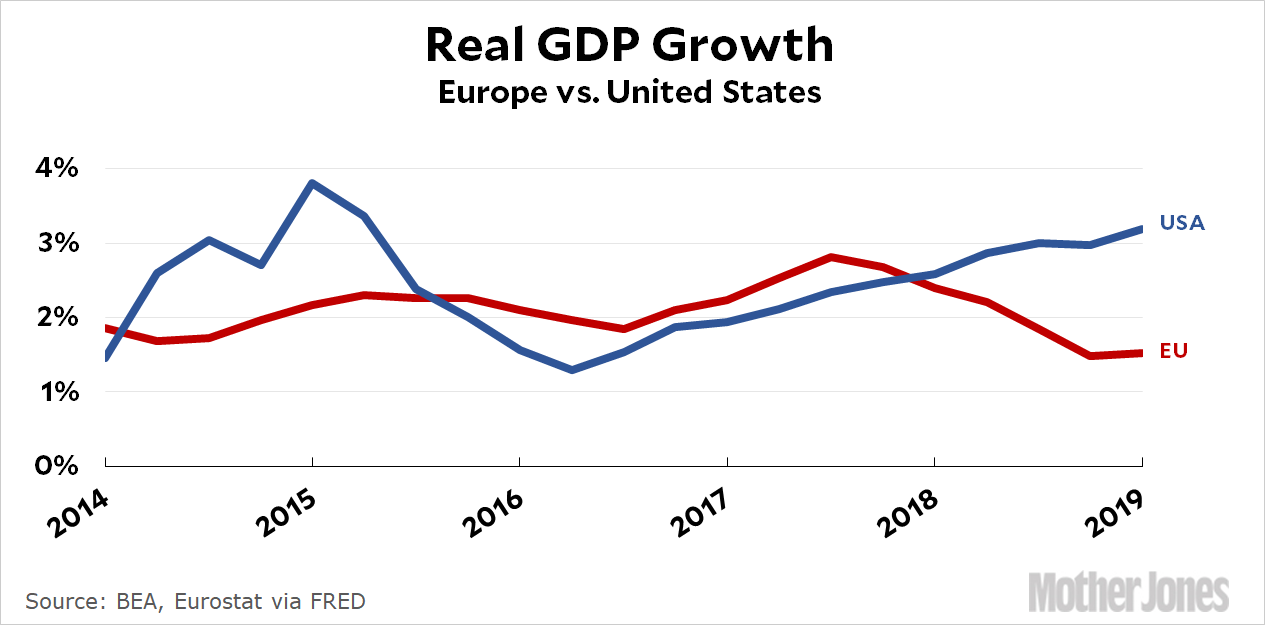
There’s another reason Draghi is making stimulus noises: EU interest rates have been at zero for the past four years, so there’s no way for the central bank to stimulate the economy via interest rate cuts. For that reason, Draghi is trying to convince everyone that the ECB still has stimulus tools in its kit if the economy needs them. The Fed has no reason to do this, since it still has plenty of scope to lower interest rates if it needs to:
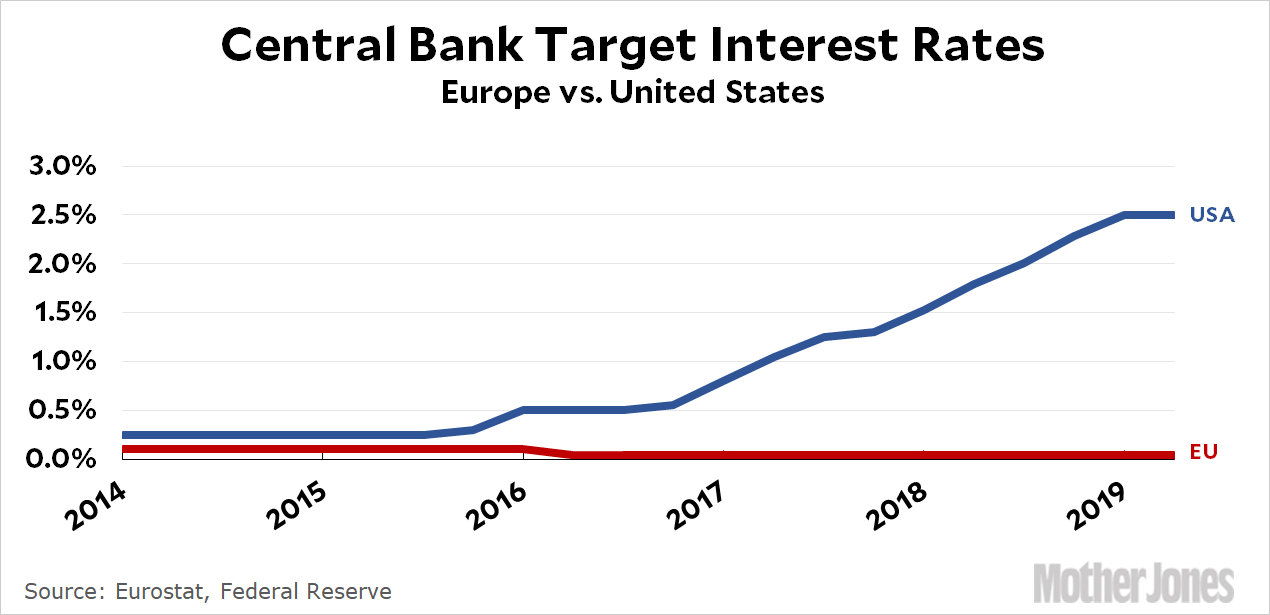
In other words, it makes perfect sense that Draghi is trying to reassure markets while Powell is being relatively more subdued. Trump doesn’t like it because he wants the US economy to be skyrocketing next year while he’s running for reelection. The fact that this might very well produce a huge recession when the Fed-engineered bubble breaks means nothing at all to him.

